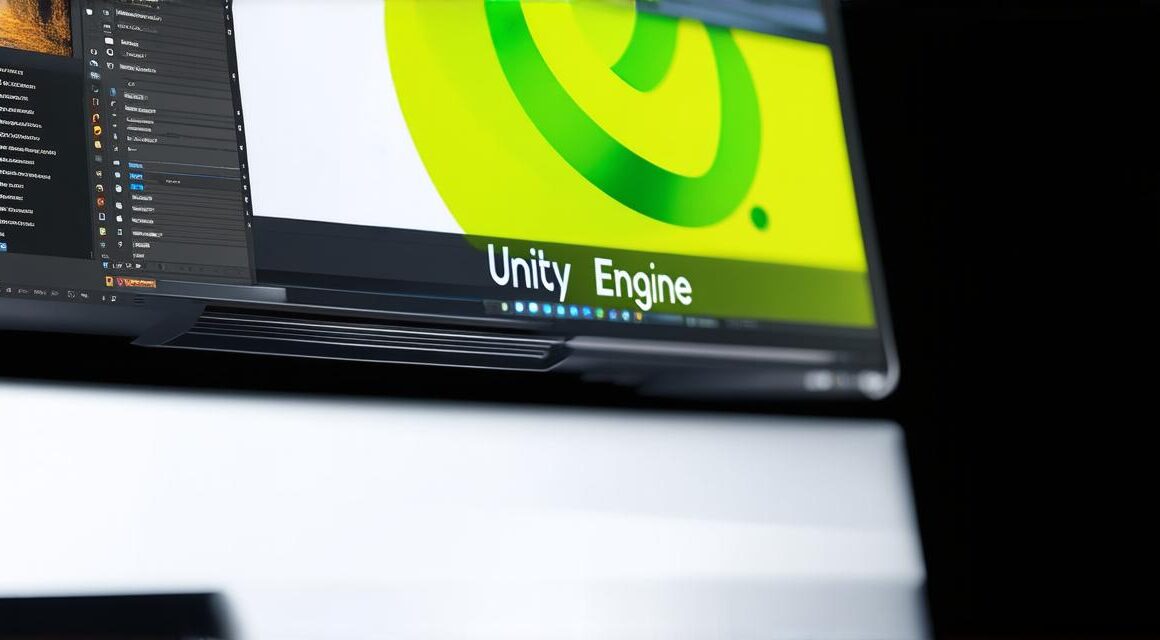Are you a game developer looking to create engaging and immersive games using the popular Unity engine? If so, you’re not alone. With its versatility and ease of use, Unity has become one of the most popular game engines on the market.
Unity Versions and Pricing
Unity offers several versions with different features and pricing options. These versions include:
- Personal Edition
- Plus Edition
3. Pro Edition
4. Enterprise Edition
Let’s take a closer look at each version and its pricing:
- Personal Edition
The Personal Edition is the free version of Unity, designed for beginners and hobbyists. It includes basic features such as 2D and 3D graphics, animation, and scripting. The Personal Edition also comes with a community license, which allows you to distribute your games for free or commercial purposes. However, there are some limitations on the number of users and the size of your projects.2. Plus Edition
The Plus Edition is a low-cost version of Unity that offers more advanced features than the Personal Edition. It includes features such as physics, networking, and audio support. The Plus Edition also comes with a standard license, which allows you to distribute your games for commercial purposes. The pricing for the Plus Edition starts at $25 per user per month.
3. Pro Edition
The Pro Edition is the most powerful version of Unity, designed for professional game developers. It includes all the features of the Plus Edition, as well as additional features such as advanced graphics and animation tools, scripting support for C and JavaScript, and cross-platform development capabilities. The Pro Edition also comes with a standard license, which allows you to distribute your games for commercial purposes. The pricing for the Pro Edition starts at $125 per user per month.
4. Enterprise Edition
The Enterprise Edition is a custom version of Unity that is designed for large-scale game development projects. It includes all the features of the Pro Edition, as well as additional features such as advanced analytics, enterprise-level support, and custom licensing options. The pricing for the Enterprise Edition is negotiated on a case-by-case basis.
Advantages and Disadvantages of Unity
Now that we’ve looked at the different versions of Unity and their pricing, let’s discuss the advantages and disadvantages of using Unity for game development.
Advantages:
- Ease of use: Unity is designed to be easy to use, even for beginners. Its intuitive interface and drag-and-drop features make it easy to create games without needing extensive coding knowledge.
2. Versatility:
Unity supports both 2D and 3D graphics, animation, scripting, and more. This makes it a versatile tool that can be used for a wide range of game development projects.
3. Community support:
Unity has a large and active community of developers who provide support and resources through forums, tutorials, and plugins.
4. Cross-platform development:
Unity supports multiple platforms, including Windows, Mac, Linux, iOS, Android, and more. This makes it easy to create games that can run on a wide range of devices.
5. Affordable pricing:
Unity offers several affordable pricing options, making it accessible to game developers of all budgets.
Disadvantages:
- Performance issues: Unity can be resource-intensive, which can lead to performance issues on some devices. This can be mitigated by optimizing your code and using lower-poly assets.
2. Limited features in free version:
The Personal Edition has limited features compared to the other versions of Unity, which can make it difficult for more advanced game development projects.
3. Steep learning curve:
While Unity is designed to be easy to use, there is still a steep learning curve for beginners who are new to programming and game development.



